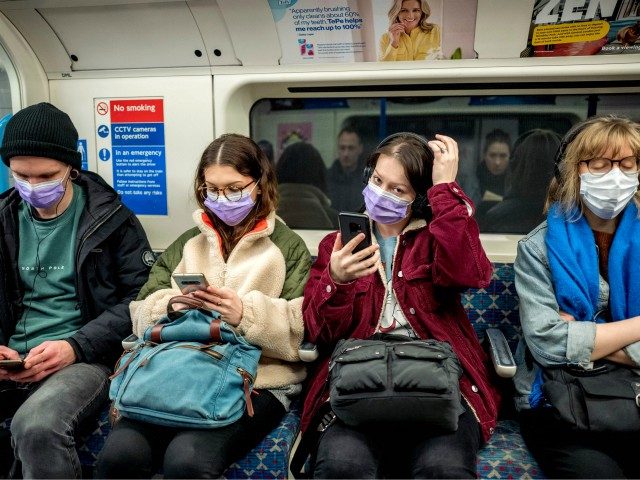Commuters should consider “all other forms of transport” before taking a train or bus, the government has said, as it concedes adhering to social distancing rules may not be possible on public transport.
As the government urges those who can to return to work this week, new guidance has been issued to both travellers and transport service providers on how best to move between the home and place of employment, under the new coronavirus regime where close contact with strangers has been officially forbidden.
While the vast majority of commuting journeys in the United Kingdom take place in private vehicles, this is less common in heavily urbanised areas, like London and the South West, where the use of public transport is more pronounced. Although the guidance makes clear that travellers should “Consider all other forms of transport before using public transport”, if that remains impossible there are a range of other precautions advised for those stuck underground in a metal tube with hundreds of other people during a time of infection control.
The British government has now decided — after months of insisting they were pointless — that the public wearing masks in public does actually serve a purpose, and commuters are being asked to wear them, as well as being told to wash their hands and being aware of “the surfaces you or others touch.”
But despite the government’s stiff insistence — still enforced by police control and now-increased fines — that members of the public remain more than two meters away from each other, the document clearly notes such distancing would be impossible on a busy train or bus. To reduce contact with others, commuters are implored instead to simply act antisocial and turn their backs. The document says:
The risk of infection increases the closer you are to another person with the virus and the amount of time you spend in close contact: you are very unlikely to be infected from just walking past another person.
There may be situations where you can’t keep a suitable distance from people, for example when boarding or alighting, on busier services, at busier times of day and when walking through interchanges. In these cases you should avoid physical contact, try to face away from other people, and keep the time you spend near others as short as possible. If you can, wear a face covering on public transport.
UK Govt: Coronavirus Is Terrible, But on the Upside the Country’s Carbon Footprint is Falling https://t.co/300QLLBPL8
— Breitbart London (@BreitbartLondon) May 12, 2020

COMMENTS
Please let us know if you're having issues with commenting.